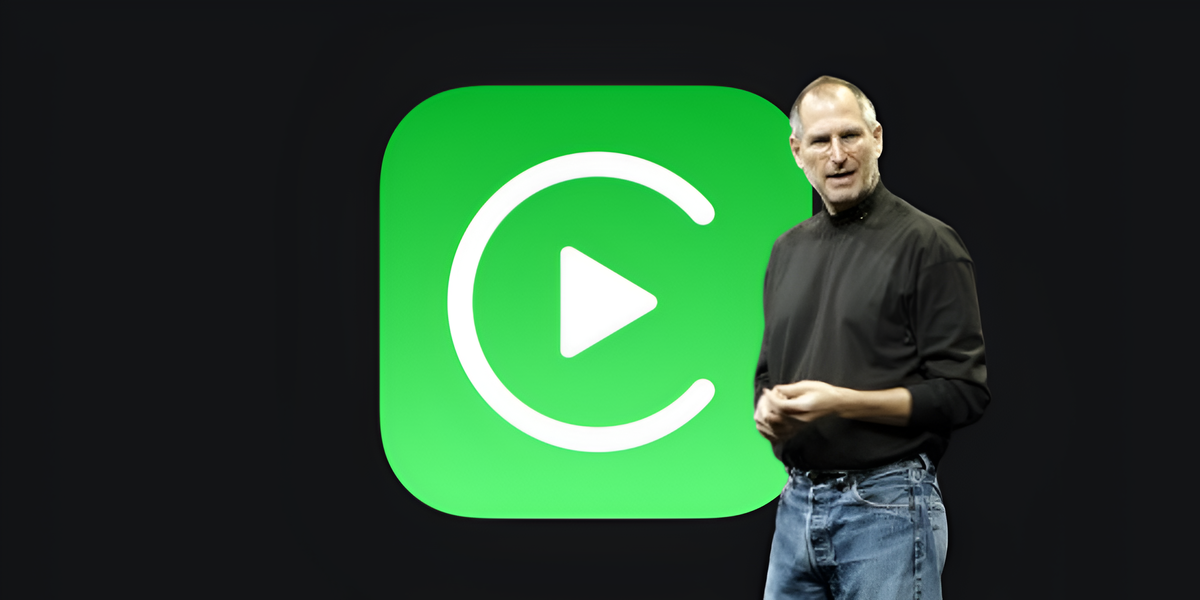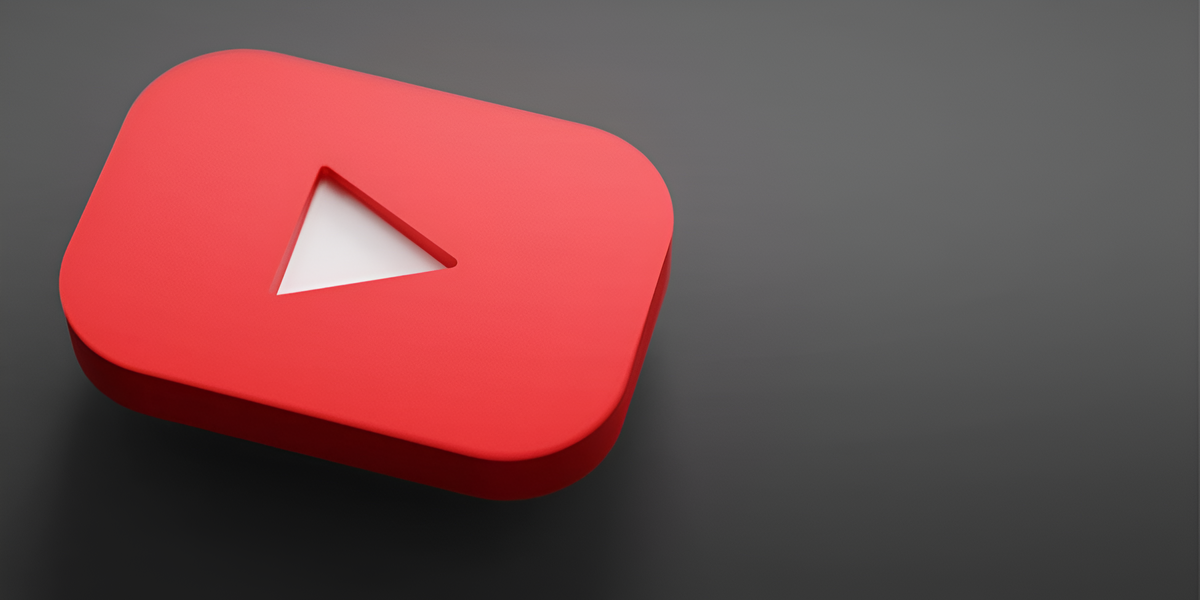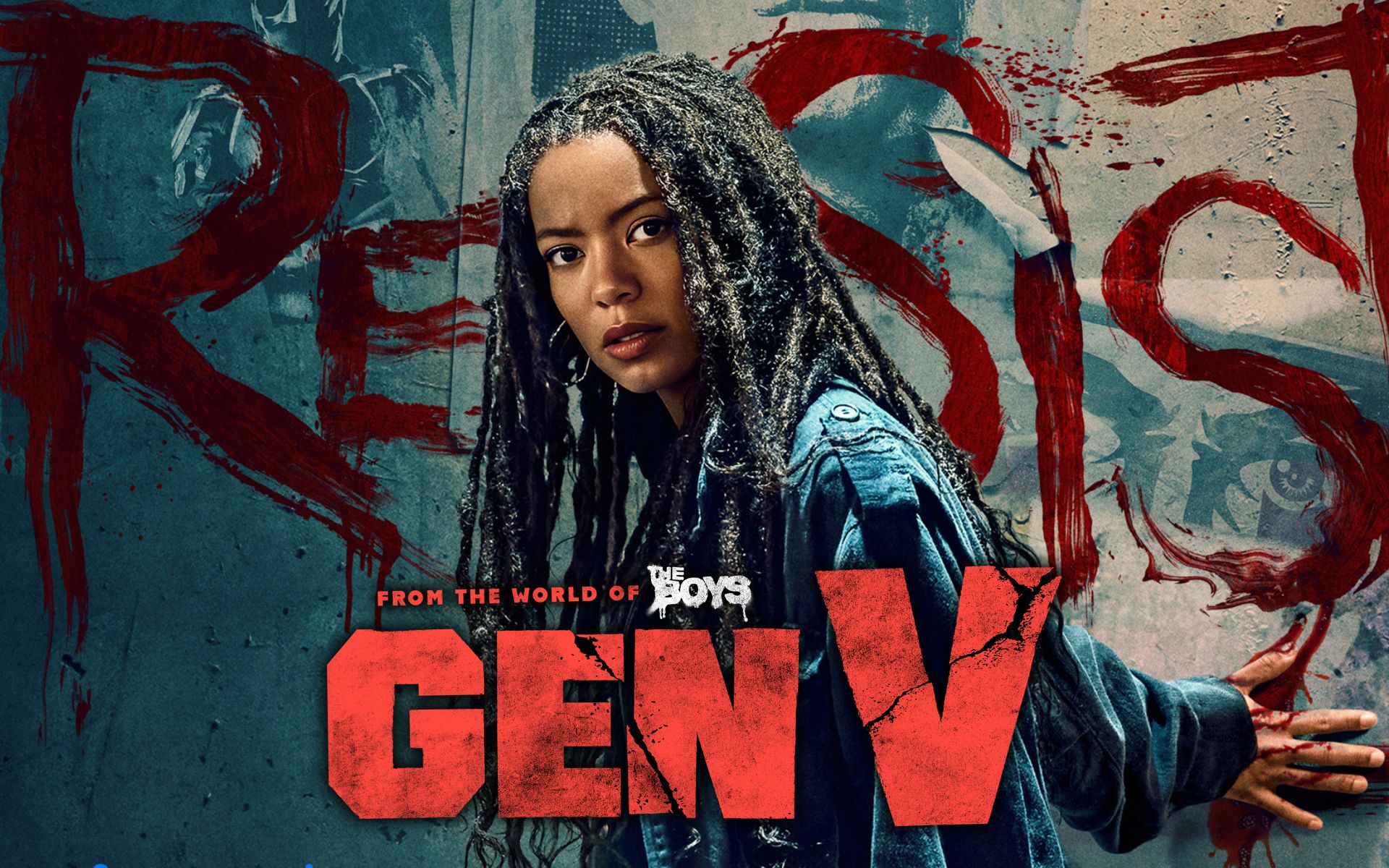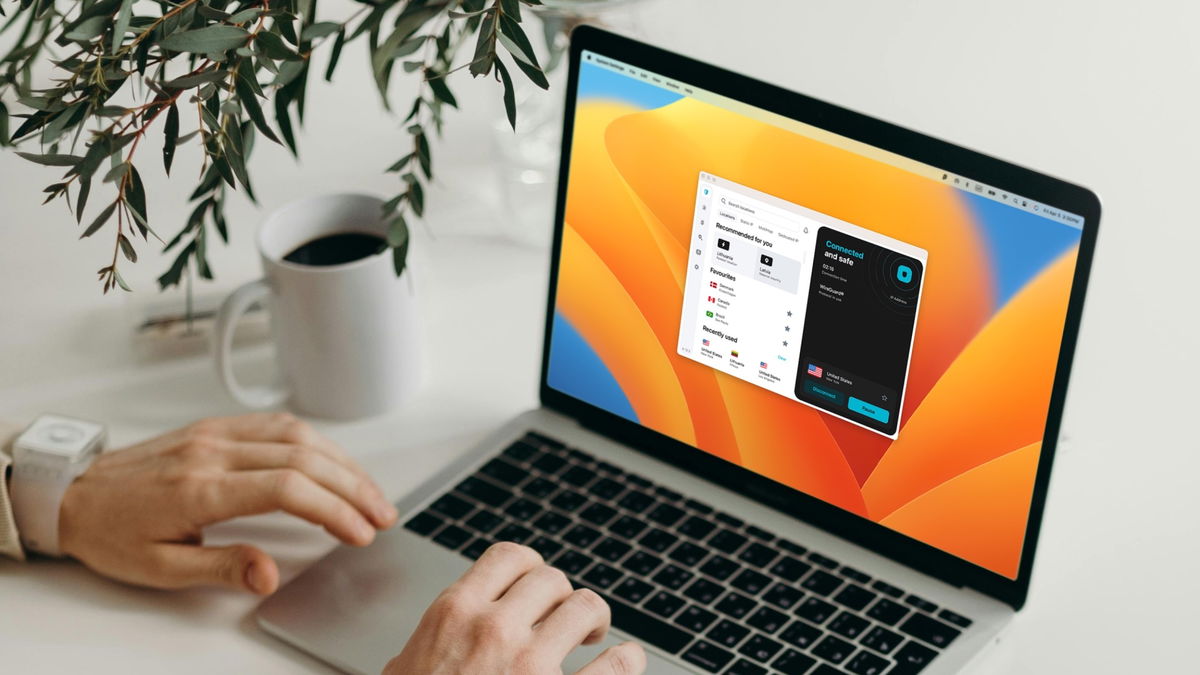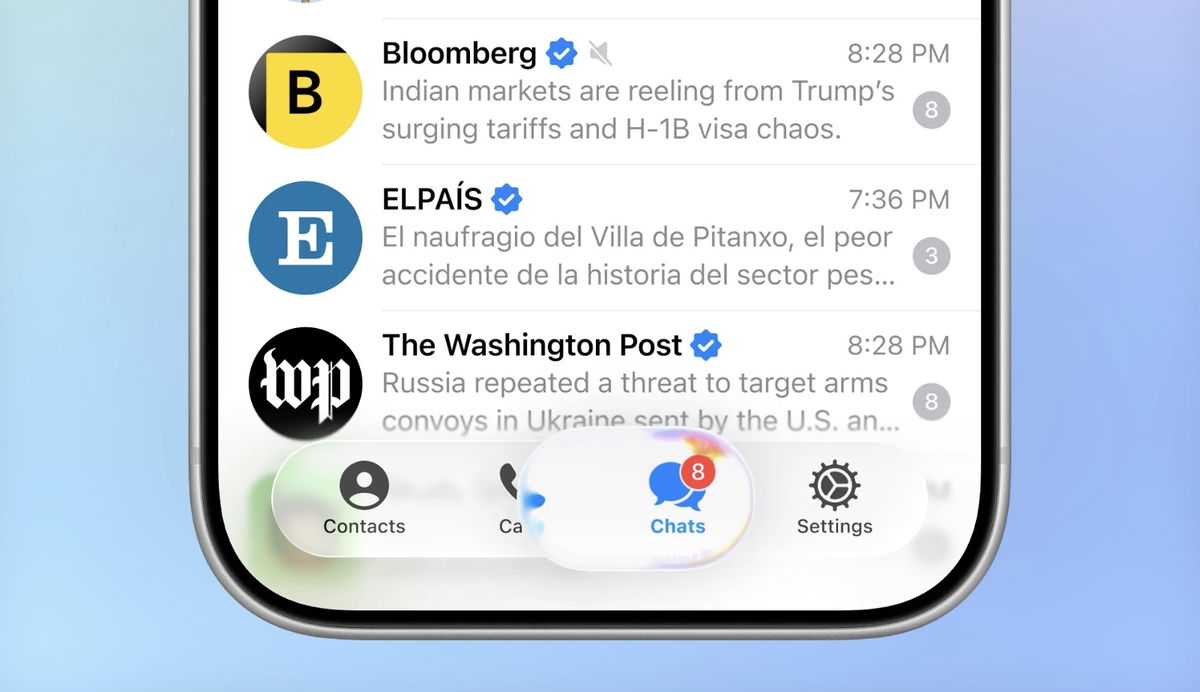YouTube is launching a tool against generative AI and deepfakes
YouTube aims to protect the identity of content creators with its new tool!
The emergence of Artificial Intelligence through programs with wide reach has facilitated the creation of highly realistic deepfakes, which pose a direct threat to the reputation of content creators and the trust of the audience. In response to this growing problem, YouTube has implemented a powerful new feature designed to give control back to creators: Artificial intelligence similarity detection and management.
- iPhone Apps
- iPad Apps
- Take notes on iPad
- lock iPhone apps
- Apps for editing videos
- Best apps for watching TV
- Best apps to watch football
This week, Google’s video platform rolled out this pioneering feature: Available on YouTube Studioespecially in tab Content Detection. The primary purpose of this technology is twofold: to protect the identity of creators and to prevent audiences from being deceived by AI-generated or modified content that uses their images.
YouTube suggests alternatives to check deepfakes
To use this digital protection, creators must go through a strict authentication process. This step is crucial as it requires the presentation of photo identification and a selfie video, and only the person whose likeness is sought to be preserved can access the vehicle. Once your identity is verified, If unauthorized videos using artificial intelligence are detected, the system will automatically warn the creator to create or modify your face or facial likeness.
The interface in YouTube Studio provides an organized list of detected videos, including important details like the title, the channel that uploaded the video, the number of views, and related dialogue. With this information in hand, The creator can exercise his right and request the removal of the content.
More importantly, the tool is not limited to protecting against AI manipulation, but also facilitates the submission of copyright takedown requests. Centralized management of your intellectual property and likeness.
Initially, only a select group of creators will be able to “faster roll out” this feature. YouTube Partner Program members will gradually gain access over the coming months and The tool is expected to be available to all creators who monetize their content on the platform by January 2026.
Artificial intelligence applications do not have the same sense of ethics
On the one hand, YouTube’s announcement coincides with the stance of OpenAI, the developer of the Sora video creation tool, which reaffirmed its restriction not to allow the creation of videos that impersonate celebrities or public figures. In both, the content is preserved. However, this contradicts OpenAI CEO Sam Altman’s recent announcement regarding ChatGPT and its offering for users.
Starting in December, ChatGPT will adopt a significant change of course in its moderation strategy, aiming to “treat adults like adults” by relaxing certain security restrictions, including the ability to customize the chatbot’s tone and, more controversially, allow erotic conversations for verified adult users.
This proactive measure not only strengthens the identity protection of the most valuable content creators, but also contributes to maintaining a more trustworthy viewing environment for global audiences, setting an important example of what major platforms should be like. Address malicious use of generative AI.
you can follow iPadize yourself on Facebook, WhatsApp, Twitter (X) or check our Telegram channel to stay updated on the latest technology news.
Source: i Padizate

